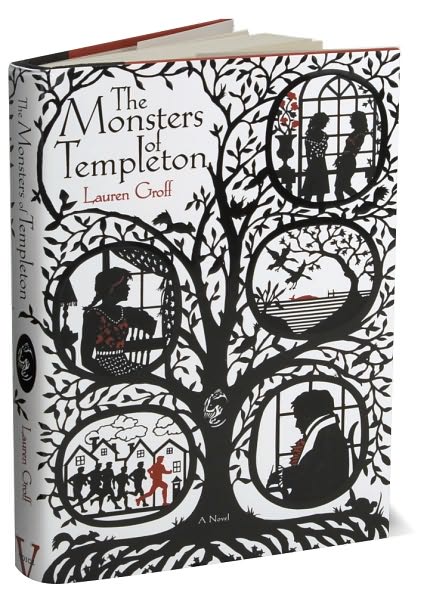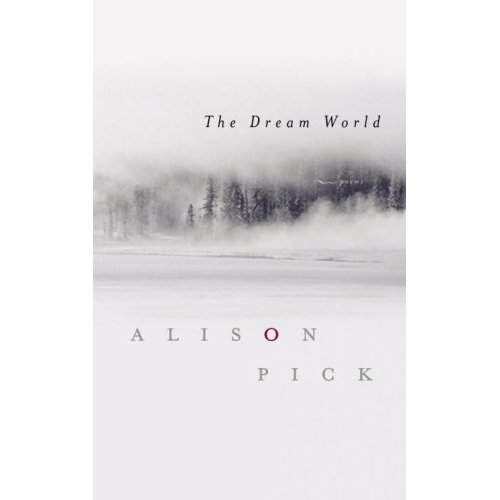I often write about books that I am reading, but today I am going to write about a book my son read. We had to buy him a horrendously expensive calculator for school last autumn, and now that he has reached the end of the school year without losing it (touch wood — he has one more week) I told him I’d buy him a book as a reward, so last Friday we went to our local book store.
My son inhales books, but he has pretty firm tastes, like most almost-thirteen year olds I know. When we’re in a bookstore, I usually hand him things I think he might like, and insist he read the first paragraph or jacket copy. He tends to think very little of my suggestions (like most almost-thirteen year olds I know). I had heard a lot of Cory Doctorow’s venture into YA fiction, Little Brother, online at places like John Scalzi’s Whatever and over at Making Light, and it sounded like just the thing my son should enjoy — computers, hackers, terrorists, and evil authority figures. So I handed it to him, and hoped for the best. Dear reader, he was enthralled. We took it home, and he kept trying to read it while we were walking. He’d stop and say, “I really should be talking to you now,” and then he’d start reading again. And now he’s finished it and is threatening to put something called “Paranoid Linux” on my old laptop computer. I’m not exactly certain what that is, but somehow it is all connected.
This made me think about where I learn about new books, and it strikes me that a large number of them I hear about first on the internet, mostly through blogs. I bought a whole pile of new books last week in addition to the Doctorow, and I am going to mention them in a future post and try to figure out where I first learned about them, and whether that might say anything useful about book publicity.


